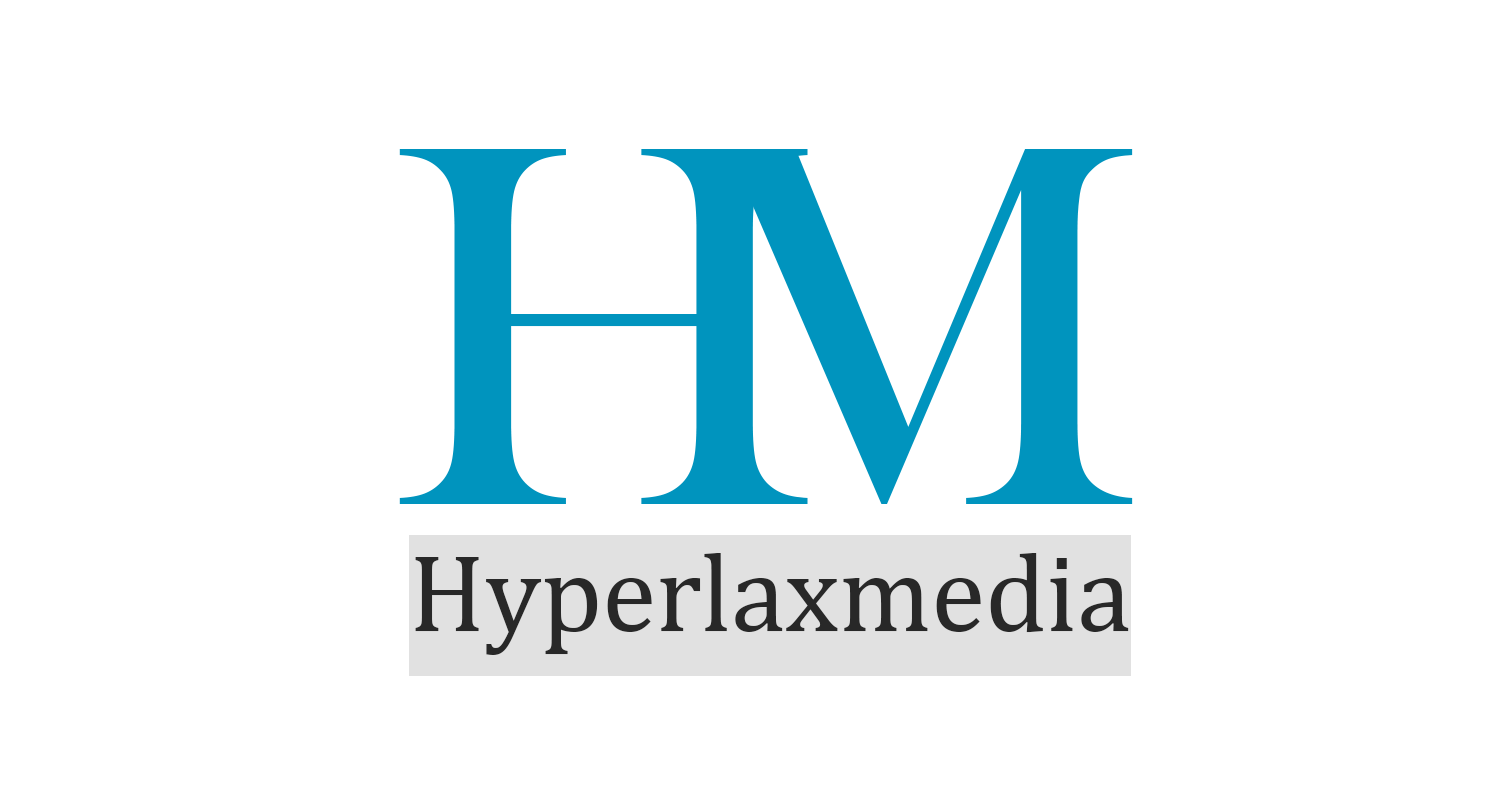Recently, the healthcare landscape has experienced a substantial upheaval, partly due to the acceptance of remote care techniques and the integration of technology. Remote care healthcare, sometimes called telehealth or telemedicine, is a ground-breaking strategy that enables medical practitioners to treat patients without being physically close to them. This article explores the many facets of remote care medicine and how it affects the global healthcare sector.
To enable virtual consultations between patients and healthcare providers, remote care healthcare uses various digital communication methods, including video conferencing, mobile health apps, and remote monitoring devices. By removing geographic barriers and enhancing healthcare equity, technology has made it easier for people living in distant or disadvantaged locations to receive high-quality healthcare services.
The convenience it provides patients is one of the main advantages of remote healthcare. Virtual consultations allow people to contact a doctor from the convenience of their homes, doing away with the need for protracted travel and clinic wait times. Patients with chronic diseases who require frequent check-ups and monitoring need this convenience more than anyone. Better health outcomes and a higher quality of life are the results of remote care healthcare, which helps them to manage their ailments more efficiently.
Additionally, remote care healthcare has been crucial in enhancing access to healthcare during pandemics and emergencies. Remote care has shown to be a lifeline for patients during times of crisis, like the COVID-19 pandemic, when physical contact must be minimized. Remote patient assessment and treatment by healthcare professionals lowers the danger of infection spread and guarantees the ongoing provision of vital medical services.
Furthermore, individuals and healthcare systems have found remote care a cost-effective alternative. Virtual consultations are typically less expensive than in-person appointments because there is no need for infrastructure, staff, or other overhead costs associated with traditional healthcare facilities. Patients can also reduce lost productivity and transportation costs, making healthcare more accessible and inexpensive for a larger population.
The potential for more effective disease management and health monitoring is a key benefit of remote care healthcare. Healthcare practitioners can gather real-time information on patients’ health problems thanks to wearable technology and remote monitoring techniques. This information aids in the early identification of potential health problems, allowing for prompt intervention and individualized treatment programs. Visit here for more detail After hours video appointment for medical care.
Remote care healthcare does have some drawbacks despite the many advantages. Technological obstacles like poor internet availability in remote areas or a lack of digital devices may hamper widespread adoption. Striking a balance between remote care and conventional healthcare procedures is crucial because some medical disorders still call for physical exams and in-person treatments.
As a result, the landscape of modern healthcare has been fundamentally altered by remote care. Patients benefit from its convenience, accessibility, and cost-effectiveness, while healthcare providers can expand their geographic reach. As technology develops, we may anticipate additional advancements and advances in remote care healthcare, ultimately resulting in a more connected and effective global healthcare system. For everyone to live better lives in the future, it is crucial to embrace these innovations.

